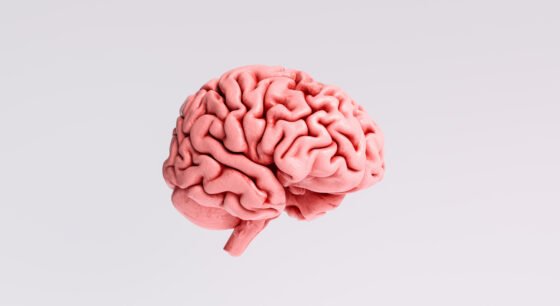By David Stephen
There is a recent report on FT, OpenAI’s computing deals top $1tn, stating that, “OpenAI has signed about $1tn in deals this year for computing power to run its artificial intelligence models, commitments that dwarf its revenue and raise questions about how it can fund them. Monday’s deal with chipmaker AMD follows similar agreements with Nvidia, Oracle and CoreWeave, as OpenAI races to find the computing power it thinks it will need to run services such as ChatGPT. The deals would give OpenAI access to more than 20 gigawatts of computing capacity, roughly equivalent to the power from 20 nuclear reactors, over the next decade. Each 1GW of AI computing capacity costs about $50bn to deploy in today’s prices, according to estimates by OpenAI executives, making the total cost about $1tn.”
Human Intelligence
Artificial intelligence is not human intelligence, even though AI was built from it. Simply, the domain of AI is AI’s, not human. Whatever is done for AI belongs to AI. So, while there would be benefits to human social and productivity goals, AI is not a possession of humans, without tools to access it.
Now, a question is that how does a world collectively pursue something that would not belong to humans? How is it not obvious that every investment to sustain and improve AI makes human intelligence hopeless? What exactly went wrong that made people defenestrate what made humans unique?
Society probably lost the center, neglecting that intelligence runs lives and the world. People just survive and thrive without considering that everything operational in the external is not simply memory but intelligence. Intelligence is defined, conceptually, as the use of memory for desired, expected or advantageous outcomes. Human intelligence is postulated to be mechanized by sets of electrical and chemical configurators, in neural clusters. Two principal types of intelligence are proposed to be operational intelligence and improvement intelligence.
Many people became hung up on dressing well, optics, looking the part, looking good, doing well, branding and so forth, ignoring the basis of all of those. Society runs on ease that basic intelligence is enough to get by, without some complex intelligence to improve processes. So, because of that, it was never important to make demands on intelligence as a qualification for several necessities.
Intelligence that is used to improve things and make society better did not have to be everywhere, and it was fine. But what society really needed was that, in different strata providing answers and ensuring that with the population, collective intelligence would mean more.
While it was possible to find new ways to arrive at the collective outcome, artificial intelligence has become the only intelligence worth investing in, leaving human intelligence to fate.
The world — though far better than eras past — faces lots of minor and major crises with solutions that seem out of reach. How many workable answers are available per problem? Human intelligence is not even showing up at many, leaving confusion and sometimes, chaos.
The mobilization that should be done on human intelligence appears to be gone. There is no human intelligence research lab in this world. There are countless AI research labs, funding, resources, training, and so forth. There is something about a new AI data center every week. There is no enthusiasm for human intelligence. No lab. No promising effort. No funding. No care if it improves or wilts. No attention. No buzz. No mechanitic candidates.
Studying human intelligence is simply not studying the brain, in general or genes, or glia or just neurons or even labels like IQ, or random types of intelligence but what is responsible for it and how, then the possibility to use how it works to boost operational and improvement processes, especially problem-solving. Human intelligence, the exact factor that makes any human matter, is under no care. Also, even as great as AI has it, there’s now an intense welfare and rights campaigns for AI. Animal rights and welfare are already history, albeit many would debate reality.
Artificial intelligence has already surpassed many aspects of human intelligence. AI will be excellent at operational human intelligence and improvement human intelligence. Even if efforts begin now, it is already too late — for most of the population — to catchup to the possibilities of large language models [LLMs], amid their flaws.
There is a recent story on AP, Deloitte to partially refund Australian government for report with apparent AI-generated errors, stating that, “Deloitte Australia will partially refund the 440,000 Australian dollars ($290,000) paid by the Australian government for a report that was littered with apparent AI-generated errors, including a fabricated quote from a federal court judgment and references to nonexistent academic research papers. The financial services firm’s report to the Department of Employment and Workplace Relations was originally published on the department’s website in July. A revised version was published Friday after Chris Rudge, a Sydney University researcher of health and welfare law, said he alerted the media that the report was “full of fabricated references.” Deloitte had reviewed the 237-page report and “confirmed some footnotes and references were incorrect,” the department said in a statement Tuesday. “Deloitte had agreed to repay the final instalment under its contract,” the department said. The amount will be made public after the refund is reimbursed. Asked to comment on the report’s inaccuracies, Deloitte told The Associated Press in a statement the “matter has been resolved directly with the client.” Deloitte did not respond when asked if the errors were generated by AI. A tendency for generative AI systems to fabricate information is known as hallucination.”





